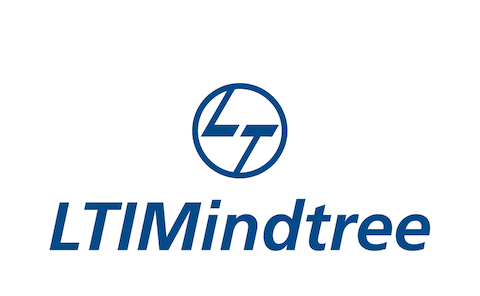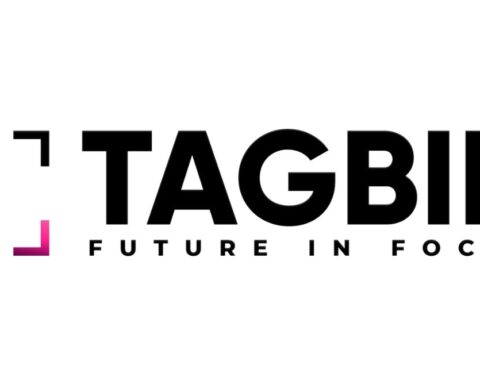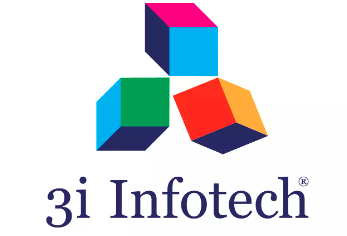According to a person familiar with the matter, Xie Xin, the chief executive of Feishu, informed colleagues that ByteDance’s workplace collaboration app had topped $100 million in annual recurring revenue last year.
The workplace tool was given the same strategic weight as other business groups (BGs) at ByteDance, including TikTok, Douyin, Dali (the education BG), BytePlus (B2B AI and data infrastructure), and Nuverse, as of late 2021, when it was made one of the company’s six distinct business groups. (video games).
According to a report by the Chinese tech news site 36kr, Feishu has reached a significant milestone by surpassing $1 billion in annual recurring revenue (ARR). ARR is a metric that measures subscription-based revenue for software companies. This comes after a controversial article by Leiphone, another Chinese news outlet, raised questions about Feishu’s cash burn.
Feishu is an all-in-one work communication messenger with various features, including automatic note-taking for video calls, shared calendars, and collaborative documents. It also has an international version called Lark. Feishu has invested significant resources in building these functions in-house, which is different from Slack’s open platform that integrates with a wide range of third-party applications.
Delivering a smooth user experience can be achieved by doing everything in-house, but it is quite expensive. According to the Leiphone article, Feishu reached its pinnacle in 2022 with 10,000 employees (including those who were outsourced). According to the Wall Street Journal, there are currently 7,000 people living in Feishu.
In January 2021, Slack claimed 2,545 full-time employees and $902.6 million in yearly sales.
The fact that ByteDance is investing heavily in Feishu reveals the current state of enterprise software in China. While product-led growth is gaining popularity in Silicon Valley, where companies focus on converting users through their products, Chinese software companies still rely heavily on sales, marketing, and services to attract users.
This shows that there is a significant difference in the approach to enterprise software between China and the West, where the emphasis is more on the product itself. Despite this, Feishu has managed to gain a considerable following with its comprehensive set of features, which includes notetaking, shared calendars, collaborative documents, and more.
The culture of paying for SaaS hasn’t really taken hold in China yet, as a few founders have complained to me over the years, therefore many of them are currently speeding up their growth globally. There is tremendous competition on the supply side. A creator of generative AI discussed the challenge of running an enterprise tech firm in China, where hiring less trained labour still yields a better return than hiring IT professionals.
He says, “In the U.S., you can do fairly well by building product-led software, which doesn’t rely on human services to acquire or retain users. But in China, even if you have a great product, your rival could steal your source code overnight and hire dozens of customer support staff, which don’t cost that much, to outrace you.”








